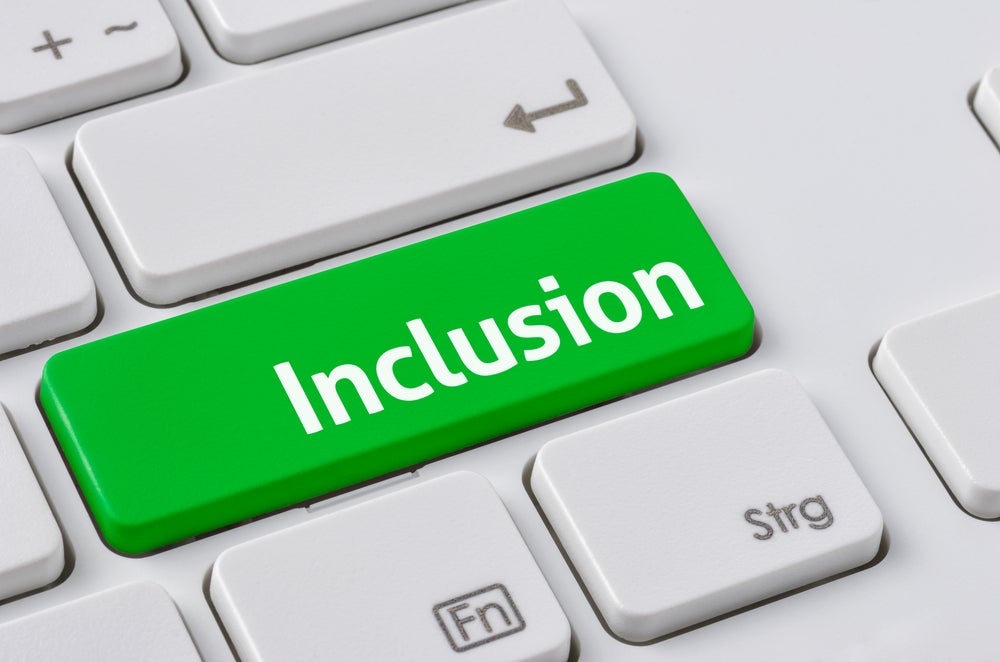
Digital inclusion involves facilitating access to information and resources via devices and connectivity suitable for the 21st Century.
It is an important engine of progress for individuals and nations that would not otherwise be able to access these assets and the world of knowledge they offer.
Telcos around the world lead the way in delivering these benefits to promote digital skills development, accessibility, and affordability for the disadvantaged in both underdeveloped and developed nations.
Aspirations of digital inclusion
Telcos obviously look to their digital inclusion efforts to portray themselves in a positive light, although they have to be careful not just to talk the talk, but also to walk the walk. Criticism tends to be associated with access to Government funding such as the US NTIA’s $42bn infrastructure bill, which is aimed at promoting affordable broadband access but has been seen by some as a means of supporting existing regional monopolies. Beyond such local disputes, however, activities which are focused away from subsidised infrastructure provision and which truly address the aspirations of digital inclusion are making a real difference.
Robert Pritchard, Principal Analyst, Enterprise Technology and Services at GlobalData, comments: “When it comes to digital inclusion, global telcos primarily focus on minorities, the disabled, the elderly, the poor, and the disconnected.”
GlobalData analysis reveals that global telcos have committed substantial resources to meet their digital inclusion ambitions, including funding (e.g., AT&T $5bn by 2030), digital skills (BT 25 million people by FY 2026), and supporting digital learning centers internationally (Telefónica across over 40 countries, Vodafone with 118 Instant Network Schools across six nations in Africa). The analysis also identifies a range of other digital inclusion programs, including (but not exhaustively):
How well do you really know your competitors?
Access the most comprehensive Company Profiles on the market, powered by GlobalData. Save hours of research. Gain competitive edge.

Thank you!
Your download email will arrive shortly
Not ready to buy yet? Download a free sample
We are confident about the unique quality of our Company Profiles. However, we want you to make the most beneficial decision for your business, so we offer a free sample that you can download by submitting the below form
By GlobalData- Deutsche Telekom promoting democracy, media literacy, and education for people aged ‘nine to 99’;
- NTT DATA offering IT education on programming and IT systems for elementary school students;
- Orange offering digital skills training in its operating markets across 22 countries in the Middle East, Africa, and Europe;
- Singtel Digital Silvers enabling staff volunteers to help the elderly stay safely digitally connected;
- Verizon offering access to technology, tools, and free skills training for students and small businesses.
Overall, global telcos account for six of the top 20 rankings for digital inclusion in the independent World Benchmarking Alliance, including the top three spots.
Pritchard adds: “Digital inclusion is not just about altruism. It also makes good business sense, as improving relationships with key stakeholders such as current and potential customers, employees, governments, regulators, partners, suppliers, and investors. This all makes a substantial contribution to brand equity.”
Pritchard continues: “As well as addressing existing skills and accessibility gaps to accelerate personal and national development, digital inclusion offers a great opportunity to address long-term skills shortages such as coding and Artificial Intelligence, thus fulfilling a global need and helping to ‘level up’ disadvantaged people and nations.”
Pritchard concludes: “Within the context of ESG (Environmental, Social, and Governance), digital inclusion also plays an important role in sustainability as global telcos can refurbish and refresh last-generation equipment to supply to recipients, reducing overall environmental impact. Some service providers also have programs where their customers can donate unused data and airtime to users of recycled mobiles in their home market, for example. Overall, digital inclusion is a refreshing and commendable activity that is to be encouraged and celebrated.”



